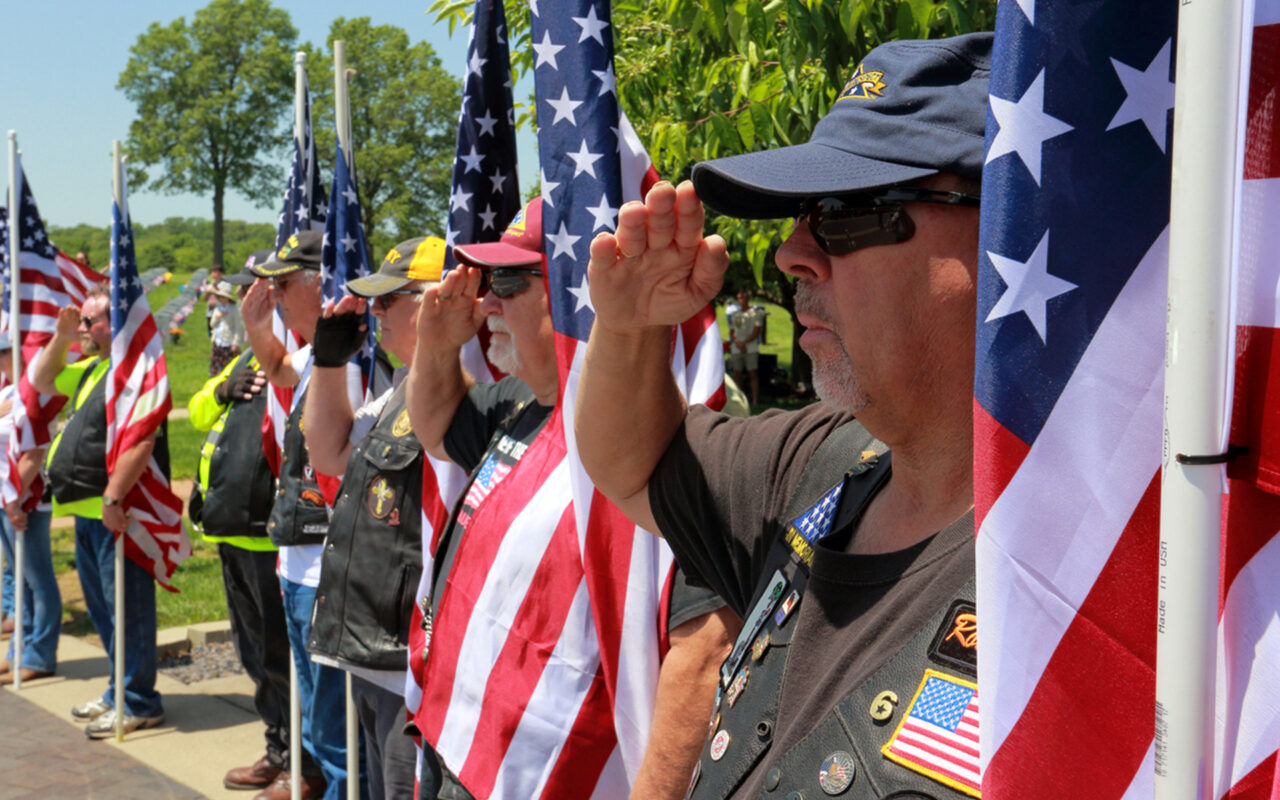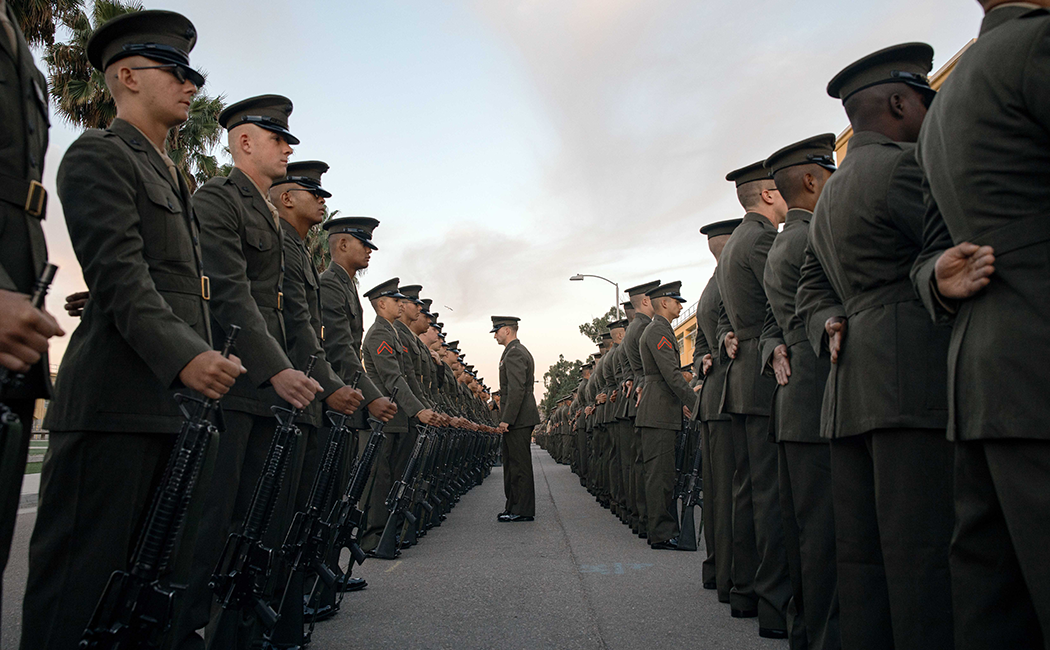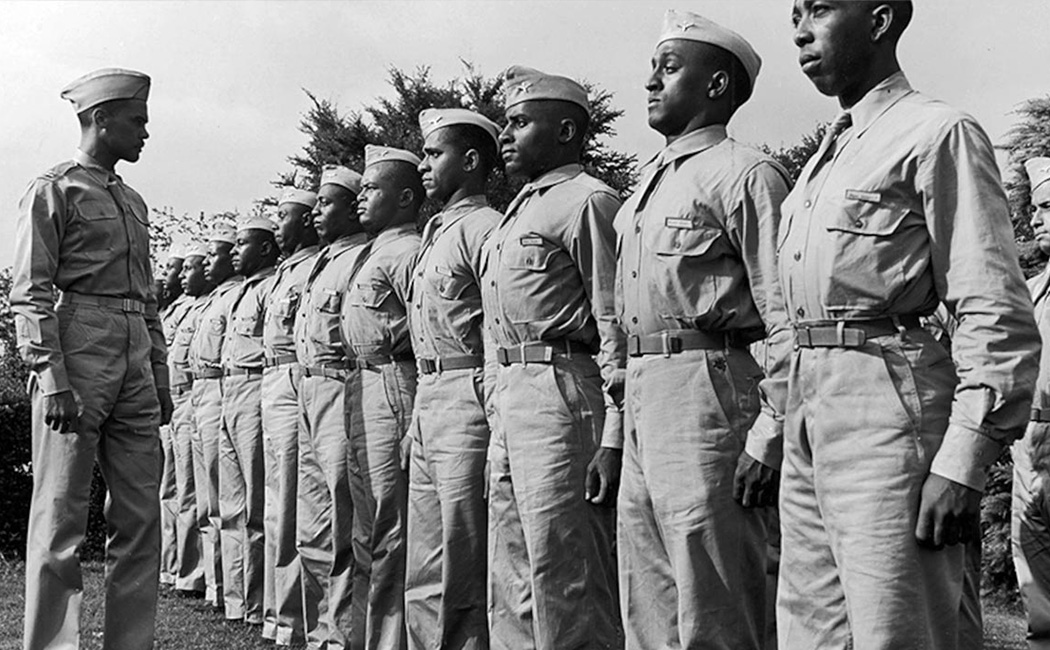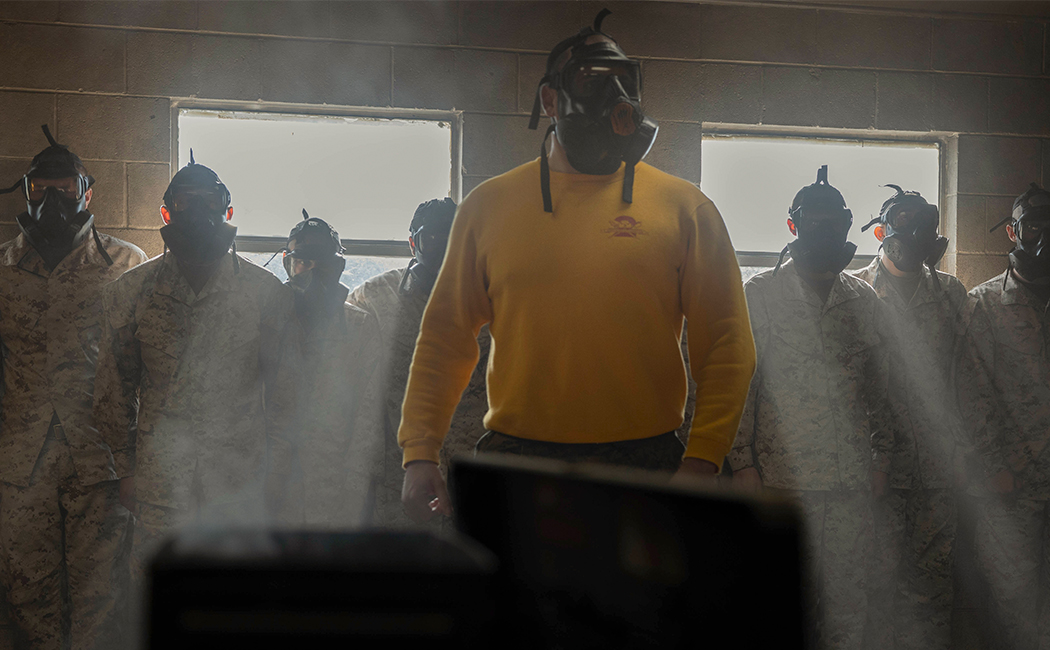
When veterans file disability claims with the VA, a Statement in Support of Claim – also known as a “buddy letter” – is a crucial way to provide additional information and evidence that helps in getting claims approved. Here is everything you need to know about buddy letters, including how to write one yourself. If you have additional questions about writing a buddy letter, be sure to let us know.
What is a buddy letter?
A Statement in Support of Claim, or “buddy letter,” is a credible lay statement supporting a claim for VA disability benefits. Buddy letters provide valuable evidence in a veteran’s claim for disability and are used to fill in missing information from the veteran’s service or treatment records. Buddy letters can also be considered witness statements and used as corroboration for service-connected events, illnesses, or injuries.
Additionally, buddy letters clarify and illustrate the veteran’s current situation, including how their service-connected disability affects their daily life. They’re used to support disability claims for increased disability ratings and connection to service.
Who needs a buddy letter?
A veteran filing for a VA disability claim but is missing necessary medical records, or other vital information would benefit from having someone write a buddy letter supporting their claim.
In cases where more evidence is needed on the injury or event that led to the veteran’s disability, even if medical records are available, a buddy letter would provide a credible statement to ensure the disability claim is approved.
Who can write a buddy letter?
Anyone that knows the veteran can serve as a credible witness to the veteran’s disability and is over 18 years old can write a buddy letter. Eligible individuals may include:
- A spouse
- A friend
- A pastor
- An adult child
- A fellow service member
- A coworker or boss
What should a buddy letter say?
Buddy letters should speak to the veteran’s physical and/or mental condition in their daily life. They can describe the injury, event, or symptoms they witnessed during the veteran’s service and should speak to the specific claim the veteran is trying to prove to the VA.
Suppose a fellow service member writes the letter. In that case, it should include specific information and details of the service-connected event or injury and how the individual writing the letter has personal knowledge of the event or injury. The letter should verify when and where the service injury or event occurred.
Suppose the letter focuses on the symptoms of the veteran’s service-connected condition and how it has impacted their daily lives. In that case, it should include information about what the writer witnesses and how the veteran has changed since their service.
How should you write a buddy letter?
An effective buddy letter should include the following sections:
Your relationship to the veteran
This section should state your name and how you know the veteran you are writing the letter for. You should include how you know the veteran, how long you have known them, and how often you interact with them. Include the name of the veteran the letter is about.
What you witnessed/are witnessing regarding the service-connected event
In as much detail as possible, you should explain how the veteran acted before the service-connected injury or event, how it has changed them, and whether it has impacted their health and personality. Include any changes you have witnessed in their behavior, work performance, and other relationships.
The veteran’s current disability symptoms
As detailed as possible, explain the veteran’s current symptoms resulting from their disability, especially if there are things they cannot do anymore as a result of their service-connected disability.
Sign, date, and give the letter to the veteran
You should include this statement in your letter, “I hereby certify that the information I have given is true to the best of my knowledge and belief.” Once completed, sign and date the letter, and give it to the veteran so that they can include it in the documentation for their claim.
Be Detailed & Honest
Often, a buddy letter may be the linchpin in a veteran winning their VA disability claim. Suppose you have the ability to help a veteran win their claim and get an accurate disability rating. In that case, you should be as detailed as possible and completely honest in your buddy letter statements.















